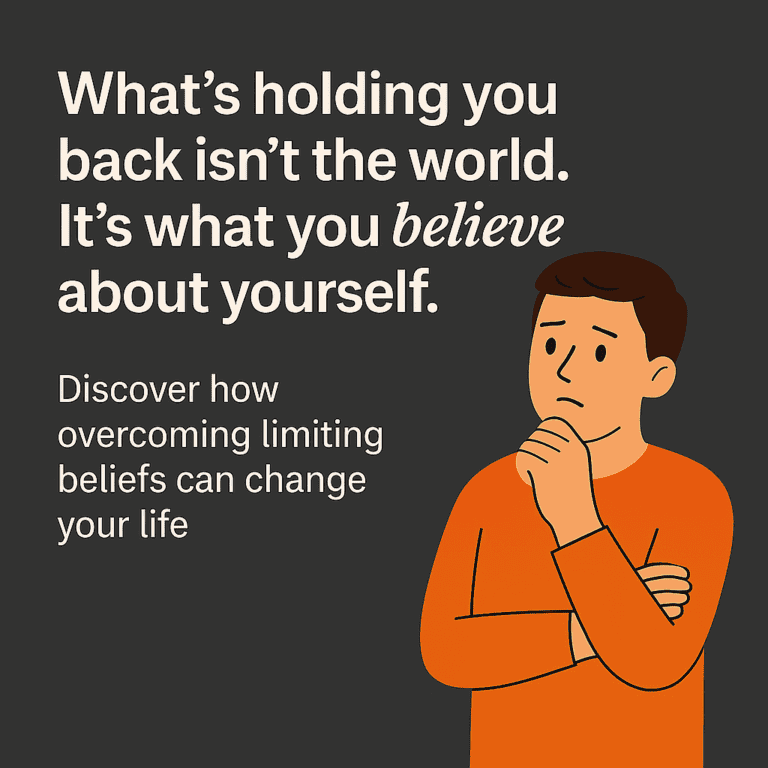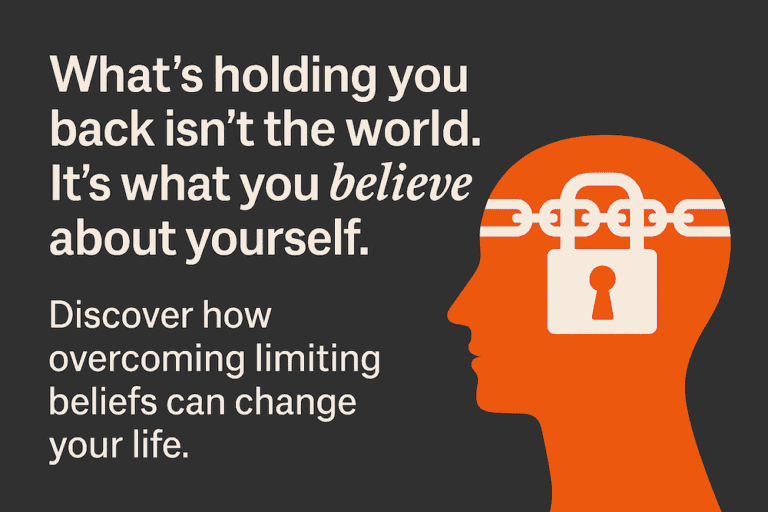How To Overcome An Us vs. Them Mentality
As humans, we want to belong, to be able to speak of “us” and “we.” And, as soon as we do that, we imply a “them” that exists in relation to our “us.” Our language begins to point towards an “us vs. them mentality.” It’s not hard to see how such a mindset can be problematic. Racism, homophobia, and class war rely on the us vs. them mentality. In this blog, we take a critical look at the us vs. them mindset.
We’ll consider how to make peace with our need to belong whilst also being open and accepting of difference and diversity. We’ll cover a range of responses that help us to answer the question of “how can we overcome an us vs. them mentality.”

“Vilification, by its definition, creates an antagonistic struggle, an us verses them mentality, that throws us all in to a battle-royale.”
– Miguel Syjuco
Claire Law | August 02, 2021
What is an us vs. them mentality?
An us vs. them mentality is a way of structuring and making sense of our own and other’s identities, and it is an attempt to self-define in comparison to others.
It acts as a mental shortcut that helps us express our identity in relation to other groups.
For example, I can define myself as White British and speak of “us” when referring to other White British people. In turn, this implies a “them” – that is, anyone outside of the group labeled as “White British.”
In this way, an us vs. them mentality clearly states who you are similar to and with whom you are different.

eBook
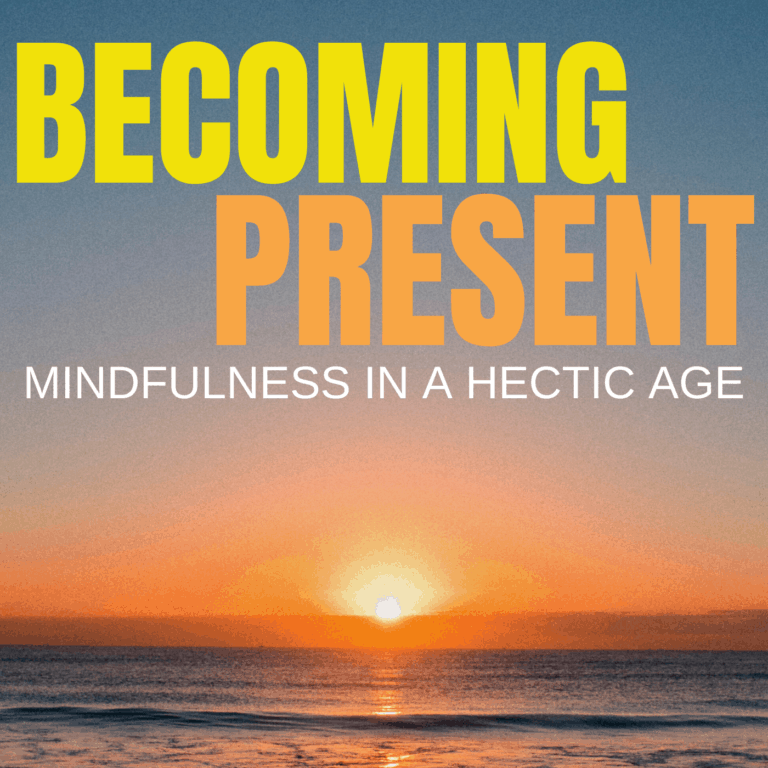
Audio eBook
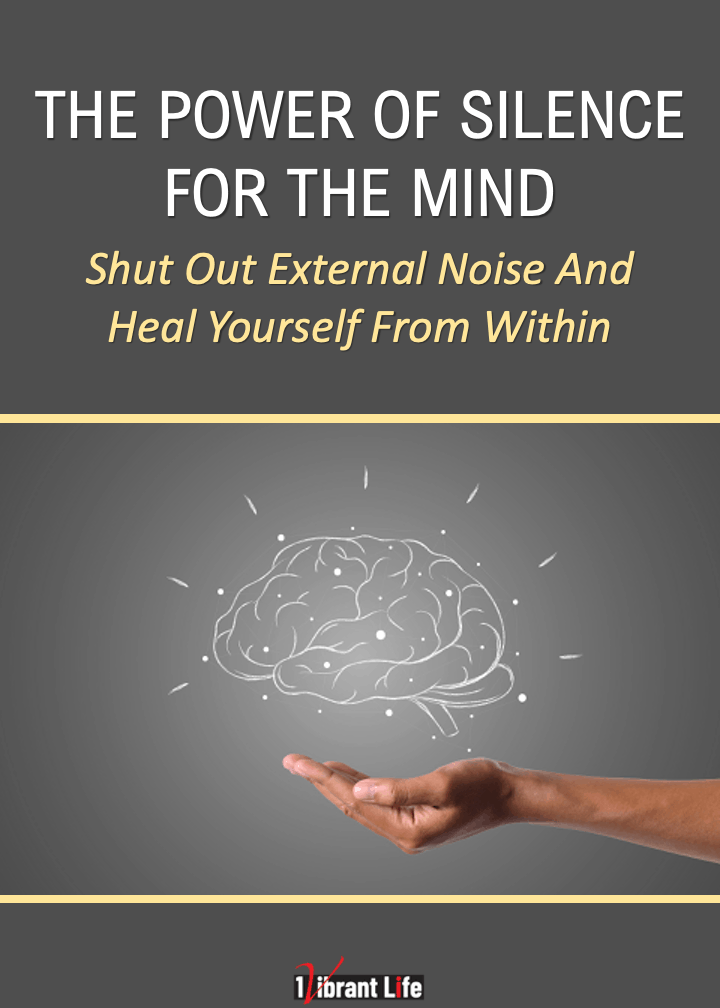
eBook
Three personal growth tools for you as a gift for visiting 1VibrantLife.com
Is an us vs. them mentality problematic?
In a world of color and complexity, the black-and-white, all-or-nothing thinking of an us vs. them mentality can be problematic, particularly if it becomes an entrenched position from which we try to make sense of the world.
Such a position assumes identity is a fixed and unchanging monolith.
Neuroscience suggests something different: our sense of self and identity is flexible and malleable. Our brain is capable of adaptation in response to the environment.
This is similar to the position adopted by the 20th Century French Philosopher, Jean-Paul Sartre, who famously stated: “Existence precedes essence.”
In other words, my identity is formed and developed through my ongoing existence.
My essence changes and shifts over the course of my life as I navigate the path of my own existence.
An us vs. them mentality is rigid and fixed, offering little space for flexibility around identity.
Secondly, there are many different nuances and shades of identity and belonging. In my own example, my White Britishness does not define me in my totality.
I am far more complex than simply White British.
Indeed, it is also certain that I will share many similarities, connections, and points of mutuality with a person who is not White nor British.
There is an intersection of many different forms of belongings that seem relevant to me.
Even if we share absolutely nothing in common, I can still learn and grow from a curiosity about such differences.
I can’t easily be pigeonholed or accurately described simply by applying the label of “White British.” And another person, likewise, cannot be understood merely through the label of “Non-White, Non-British.”
Such a label only speaks to what a person is not, rather than WHO they ARE.
Finally, an us vs. them mentality can feed into a closed mindset. We’ve already seen that an us vs. them mentality can act as a shortcut for defining self.
It seems neat, simple, and logical.
Yes, shortcuts can make us mentally sluggish and don’t encourage critical and analytical thought.
Us vs. them mentalities can lead to group-think: where consensus and agreement within a group are valued more highly than points of difference or diversity.
Unchallenged, an us versus them can ultimately lead to passive disinterest at best and judgemental hostility at worst towards anyone that is classed as “other.”
How Do We Develop An Us Vs. Them Mindset?
Our identity is formed in relation to others. As infants, we look for connection and belonging, often known as “attachment.”
We begin to identify who we belong to and who we do not belong to.
We are conditioned to fear the stranger and run to the familiar. Indeed, our very survival relies on us being members of a group.
This early conditioning helps explain our tendency to define ourselves in terms of them and us. To speak of our own identity as formed in connection and relation to others.
The English poet, John Donne, famously wrote:
“No man is an island entire of itself.”
In other words, belonging to a group is a key human trait necessary for survival.
Added to this, we tend to be more comfortable with the familiar and the known. Think about a large conference hall or meeting.
Who do you choose to sit next to?
Is it someone you recognize from a previous encounter?
Perhaps it’s someone who works at the same company as you? Maybe they are wearing the shirt of the football team you support?
Or – do you sit next to a total stranger?
Research from the 1960s pointed towards a widely accepted phenomenon: we are drawn to the familiar.
In this way, an us vs. them mindset serves the function of helping us to identify the familiar.
Yet, another widely accepted social assumption is also relevant here. Familiarity can, of course, breed contempt.
In this way, what begins as a helpful tool to support safety can become a hostile and dangerous way of thinking about the world and others.
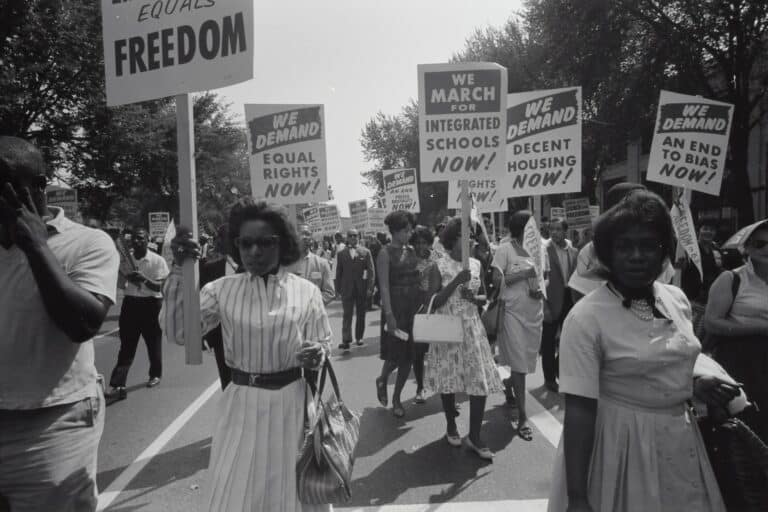
Examples of how an us vs. them mentality impacts society.
Whether it’s the schoolyard or the international political stage, an us vs. them mindset impacts society.
The now infamous Stanford Prison experiment of the 1970s saw students artificially placed into us and them categories: playing the roles of prisoners or guards in a mock-up prison.
The experiment had to be terminated due to the level of hostility that emerged as guards used their position of relative power to abuse “prisoners.”
Too many High School teens can quickly tell you who is inside their group and who remains an outsider.
And fully grown adults are no better: recent history has presented us with multiple examples of political decisions that seek to exclude and deny.
The temporary art installation of July 2019 that saw pink seesaws span the border between the US and Mexico acted as a tongue-in-cheek challenge to such division.
The racism and discrimination exposed so clearly by the response to the murder of George Floyd was a painful reminder that as a society, we are impacted by division.
Whether it’s at the micro-level of the child at school, shunned by others because they aren’t wearing the right clothes, or the macro level of institutionalized discrimination impacting whole swathes of society, an us vs. them mindset is corrosive.
Challenging an us vs. them mentality
Overcoming an us vs. them mindset begins with a commitment to notice and observe it in your own thinking.
Awareness is a powerful tool for self-change. Begin by considering how you think and speak about other people.
Are you aware of any mental shortcuts that result in closed-mindedness?
If so – congratulations: that’s a powerful step towards change.
Developing curiosity is a second step you can take. We’ve seen already that an us vs. them mindset can shut down critical and analytical thought.
When faced with difference and diversity, be curious and interested. Resist the urge to settle with the simple formulation and the labels.
Ask others what matters to them, how they feel, what they think.
In doing so, consider the conversation as a journey and an adventure.
Here is one unique human interacting with another unique human, both of you in all your complexity.
Indeed, be curious about yourself, your identity.
How has your own sense of self changed over the years?
Which, if any, labels do you like and accept?
How do you feel about difference and diversity?
Getting curious with yourself, with the support of an experienced therapist as needed, can be a great way to challenge the status quo of an us vs. them mentality.
Challenging an us vs. them mentality may also mean challenging your habits and typical patterns.
Remember the conference hall: try sitting next to a stranger. Challenge your own tendency towards familiarity.
Remember, too much familiarity breeds contempt.
Final Thoughts
So, whilst belonging is hugely important to us as humans, that needn’t come at the price of hostile discrimination.
Consider how you can take a step today towards overcoming an us vs. them mentality in your own life, your own workplace, your own sphere.

Claire Law is a UK-based Counsellor and Psychotherapist from Preston, Northern England. Claire became a therapist after a career of almost two decades of High School teaching experience. She’s also worked extensively in the Social Care and Charity Sectors, and as a Mental Health Advisor in Higher Education. Claire combines her current Psychotherapy practice with freelance writing on Mental Health, well-being, and Psychology topics. She has a passion for Social Justice and environmental causes.
Claire holds a degree from Nottingham University, a Post Graduate Certificate in Education from Leeds Trinity University College, and a Post Graduate Diploma in Integrative Psychotherapy from the University of Central Lancashire. She’s completed a wide range of extensive training and certifications in Domestic Abuse, Survivors of Sexual Abuse & Sexual Violence, Suicide and Self-Harm, Expressive Arts Therapy, Gender Variance, Online and Telephone Counselling and Polyvagal Regulation developed by Stephen Porges, a professor of psychiatry at the University of North Carolina and “Distinguished University Scientist” at Indiana University.

My Name is Marty Ward and I’m the creator and publisher of the 1-Vibrant-Life blog.
On March 8th, 1984, at the age of 26, I sustained a traumatic brain injury in a car accident while driving to my day job.
After the accident, I was unable to perform or play my instrument for months and the group I had been in on Star Search had disbanded.
I was out of work, my musical career ripped out from under me, I’d lost all confidence and belief in myself, and my life was adrift with no real sense of direction.
However, my injury and my recovery led me down a path of self-improvement, and self-discovery which gave me my life back filled with a newfound sense of hope. Learn more about my story on the 1-vibrant-life about page.
CBTCP Certification (Cognitive Behavioral Therapy Certified Practitioner) | 10-16-2021 Certification From The Academy of Modern Applied Psychology, in The Transformative Science of Cognitive Behavioral Therapy, CBT

